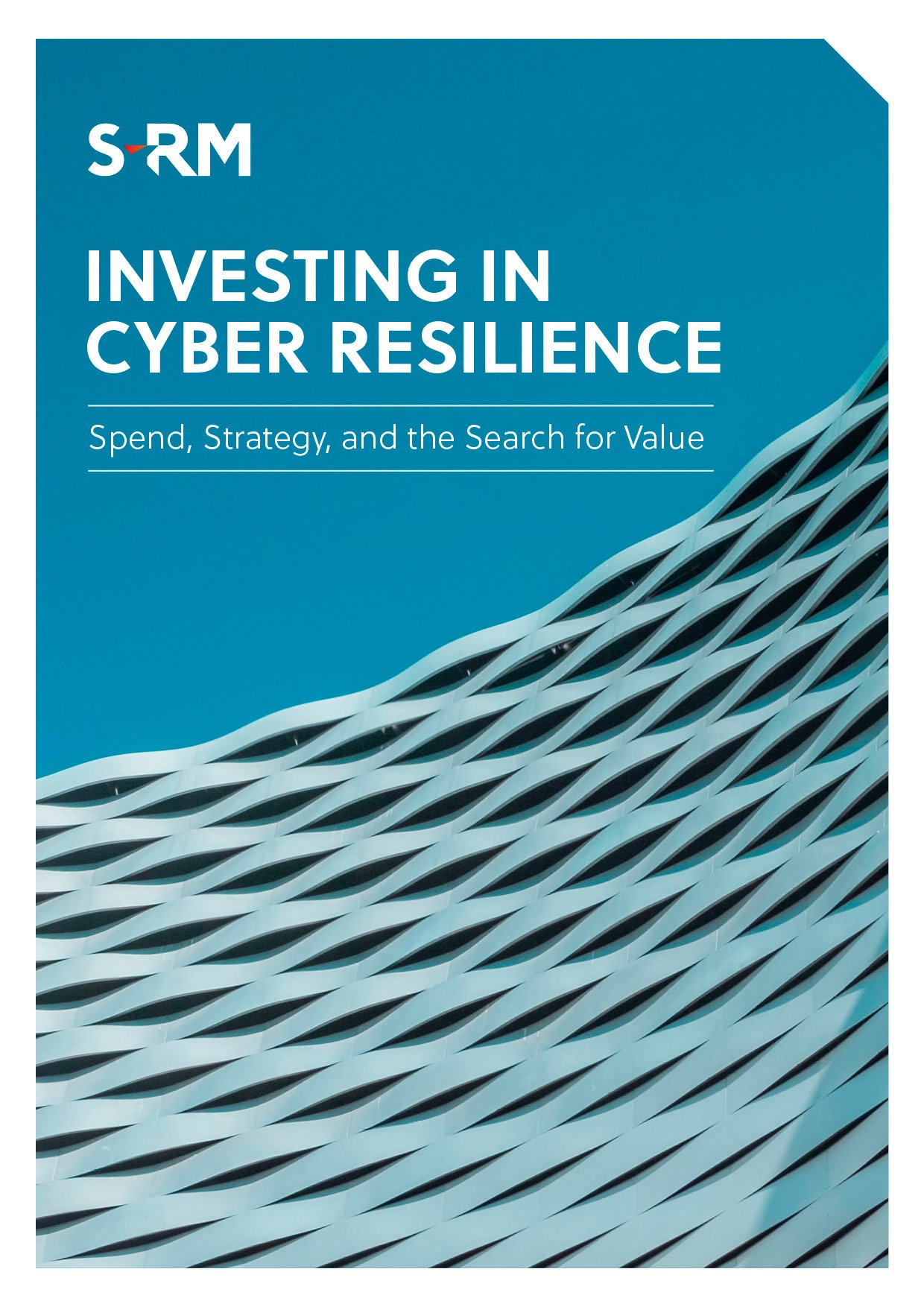What does the pandemic look like from your side of the world?
With representatives spanning S-RM’s six global offices, including London, Hong Kong, Rio de Janeiro, Cape Town, New York and Washington D.C., we look to answer this question, and examine some of the nuanced government, public and commercial sector responses of each jurisdiction.
LISTEN TO THE S-RM COVID-19 GLOBAL ROUNDTABLE HERE:
Highlights
According to Rob Harford, those organisations who had early exposure to the pandemic via their Asian operations have been best prepared for the outbreak in the UK: “Those clients with whom I have spoken, the ones who have responded most effectively to this are those that were exposed or have their operations exposed in China and learned some of those lessons very quickly in terms of how to respond from a crisis management perspective, but then also from a business continuity perspective.”
“And I think it's also fair to say that the bigger businesses with developed resilience programmes have generally dealt with this better,” he continues, “because they have thought through the types of challenges that they could face and have had good crisis management and good business continuity plans in place that has enabled them to respond effectively.”
Similarly, in Hong Kong, Morgan Stark points to the importance of past experience. “Probably the first point to be aware of” he says, “is how prepared both government and society in Hong Kong were for this with the legacy of SARS back in 2003. There's just a fundamental awareness of the risks of particularly respiratory diseases among both government and society. And also, there's a pretty significant awareness at the government level of the potential political implications of mishandling it.”
In contrast, Felicity Loudon notes the more haphazard response in the US: “The US system isn't best designed for a single national response. There's been a quite confusing mix of messaging from Trump giving briefings, but those don't actually have any kind of local application. So here in DC it's the mayor leading the efforts. All in all, it's been quite difficult even to work out what you're supposed to be doing. I have done some online research trying to establish this – the mayor's Twitter feed isn't always the most helpful. She seems to emphasise advertising her workouts for seniors over actual instructions to her people!”
In New York, according to Kristen Stone, the public response has been very mixed. “We have a lot of people who have been openly flouting the rules and having barbecue parties in parks and COVID-19 parties at their homes where they purposefully try to get infected because they reason it's better to just get it over with,” she notes. “And then you have a lot of people who are really, really respectful and cautious. I think there's a lot of fear and anger and tension on all sides, and a lot of accusatory tones and actions from people who are both complying and not complying against the other group because they feel like the other group is not acting as they should be.”
Over in Brazil, Christian Perlingiere identifies “continued political instability, unemployment, and possibly civil unrest” as risks to watch. “About 40% of the workforce is informal, and in some cases many people are having issues with putting food on the table,” he says. “Depending on how long this lasts, that may very well translate into people taking to the streets. It is something that is very much simmering under the surface.”
And finally, Mike Groves sees mounting pressure on easing lockdown restrictions in South Africa, which also has a large informal market. “I think in South Africa with a significant tourism and leisure industry based on global travel, the damage has been significant,” he says, “And of course, we shouldn't forget the informal job sector as well, which has been unfortunately devastated by the lockdown in particular, which has led to food insecurity in a number of different areas.” While initially the public rallied behind the government’s assertive and early response, Mike notes that the “honeymoon period has come to an end”. “Support seems to be beginning to fray,” he observes, “and that's in line with voices of dissent from across the political spectrum and leaders of business and industry as well.”
LISTEN TO THE FULL DISCUSSION HERE:
Featured Speakers
Rob Harford, COO & Head of Crisis Management, London
Rob is a Board Director and Chief Operating Officer of S-RM. He joined in 2008 as Operations Director, before going on to head up what is now S-RM’s Crisis Management service line. He took on the role of COO in 2016. Before joining S-RM, Rob was a Major in the British Army. He served in the Army for 13 years, including active service in Iraq, Afghanistan and the Balkans. Rob has a BA (Hons) degree in Business Studies and an MA in Defence Studies from King’s College, London.
Felicity Loudon, Director, Washington D.C.
Felicity is director of our Washington, D.C. office, having previously served as S-RM’s head of training for corporate intelligence. She started her career at S-RM on the Sub-Saharan Africa desk, where she managed complex due diligence and investigative projects across the continent. Felicity previously served in the UK Foreign and Commonwealth office, and has also worked for a multinational insurer, based both in London and in Switzerland. She has an MA in Philosophy from the University of Cambridge and an MLitt from the University of St Andrews.
Christian Perlingiere, Director, Rio de Janeiro
Christian is S-RM’s Director for Latin America and the Caribbean and manages S-RM’s Rio de Janeiro office. Prior to joining S-RM, he headed global operations at a New York-based due diligence and political risk consultancy, where he directed multiple asset traces, investigations, and risk projects in a range of industries. Christian earned his bachelor’s degree in foreign service from Georgetown University and completed training in finance and management at the University of Chicago’s Booth School of Business. He speaks Portuguese, Mandarin, Italian, and Spanish.
Michael Groves, Director, Cape Town
Mike joined the company in 2015 and worked in S-RM’s Risk Management division, delivering consultancy tasks in the Middle East, Europe and North America and leading on the development and delivery of crisis management planning and training products for corporate clients. Before S-RM, Mike spent five years in the British Army and served in Afghanistan as a reconnaissance troop leader. He has a BA (Hons) in History from the University of Exeter. Mike took over as Regional Director for South Africa in 2018 and is based in Cape Town.
Kristen Stone, Director, New York
Kristen has been with S-RM since 2015, originally based in Cape Town before relocating in 2018 to support buildout of S-RM’s New York City office. She comes from an early career in journalism, and previously worked in Moscow for three years as a wire news reporter and investigative journalist for RIA Novosti – formerly one of Russia’s largest news agencies – covering domestic terrorism, current events, and opposition politics. She holds a BA in Political Science and Russian from the University of Notre Dame.
Morgan Stark, Director, Hong Kong
Morgan joined S-RM in 2019. He is Head of Corporate Intelligence for S-RM in Asia, where he leads delivery of intelligence and diligence work throughout the region. Before S-RM, Morgan led the Stroz Friedberg due diligence and strategic research practice in Hong Kong, where he worked from 2012. Morgan has BA from the University of York, and an MA and PhD in Russian Philosophy from University College London. He speaks Russian, Mandarin, and Cantonese.





 Email Lenoy
Email Lenoy





 @SRMInform
@SRMInform
 S-RM
S-RM
 hello@s-rminform.com
hello@s-rminform.com

